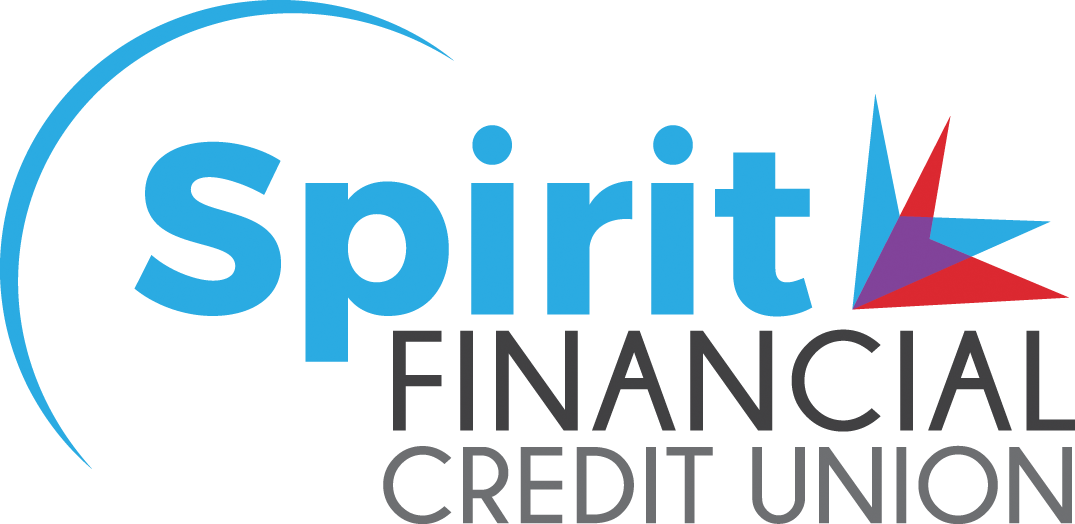Scam Alert: Beware of Coronavirus Scams & Fraud
Scammers are taking advantage of the fear and confusion surrounding the coronavirus pandemic to steal identities and money from unsuspecting individuals. It’s hard to imagine in these uncertain times that cybercriminals and scammers are using COVID-19 fears to phish for personal and financial information. Sad, but true. The IRS, FBI, World Health Organization, as well as other federal, state and local agencies have all issued warnings about this very thing. We urge you to be vigilant and to protect yourself.
Types of Scams
IRS Phishing Scams: There have been reports of many phishing scams against taxpayers. Many involving the economic impact payments that are expected. Scammers are using emails, texts, social media and even robocalls to try to steal personal and financial information from taxpayers. They are saying this information is needed in order for a person to receive a check or to receive a check faster. It’s important to remember that the IRS will not contact you in this way for any important information. In most cases, the IRS will be depositing economic impact payments into the direct deposit accounts provided on tax returns. The information will be taken from your 2018 or 2019 tax return. The IRS urges those with a tax filing obligation who have not yet filed a return for 2018 to do so as soon as possible, so they can receive their economic impact payment. Taxpayers who have not previously provided direct deposit information will be able to do so on a secure portal on IRS.gov. According to the website, in the coming weeks, the Treasury plans to develop a web-based portal for individuals to provide their banking information to the IRS online, so that individuals can receive payments immediately as opposed to checks in the mail. The IRS will post all key information on IRS.gov as soon as it becomes available.
Coronavirus Test & Cure Scams: Scammers are fraudulently advertising coronavirus tests and cures. They may be using social media, email and even online ads. As of now, there is no approved vaccine, cure or treatment for COVID-19. There are also no tests you can buy online. Do not click on any links advertising any of this. You will also not be contacted via these means by the CDC or the WHO. Be wary of any contact in this manner that asks for any account information, personal information or for money. This goes for a contact saying they have new or important information regarding the coronavirus. For the most up to date information related to COVID-19, visit cdc.gov. If you have questions, call your healthcare provider.
Social Security Scams: Retired individuals are often preyed upon by scammers. They may receive contact saying that social security payments are being suspended because of COVID-19. This is completely false. If you receive a suspicious call from someone claiming to be a government employee, hang up immediately.
Tips for Protecting Yourself from Coronavirus Scams
· Do not respond to calls, texts or emails from unknown or suspicious numbers or individuals. Be aware that many scammers are now using local numbers that look they are coming from your very own community.
· Do not provide any personal or financial information via text, phone, social media or email. Be extremely cautious when making any type of a payment by phone or online.
· Do not click any links in text messages or emails. Even if a link looks like it came from a friend, if it seems suspicious, do not click on it. This goes for attachments as well.
· When solicited for charity donations, always be sure to verify the charity and contact information before making any donations. If you do want to donate to a particular charity, do so through their official website rather than a social media link or crowdfunding source. Learn more tips for avoiding charity scams on the Federal Trade Commission website.
· Regularly check your statements and accounts and report any fraudulent activity immediately.
· Use security tools. Turn on auto updates and install an antivirus program on your devices.
Spirit Financial Credit Union is Here for Our Members
We want to assure you that the well-being of our employees, members and community continues to be our top priority. If you find yourself facing financial difficulties, Spirit Financial Credit Union is here for you. Please call us at 267-580-0230 to speak to a member service representative to discuss financial assistance options. You can also contact us via email at Memberservice@spiritfinancialcu.org. For security purposes, please do not include any personal account information or other sensitive information in your email. Remember, we are here to offer assistance through these uncertain times. Click here to learn more about how your credit union can help during times of crisis.



